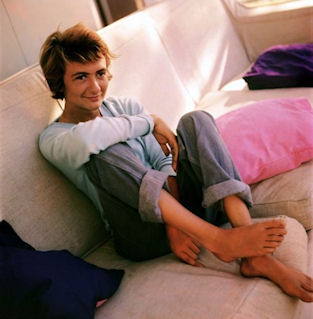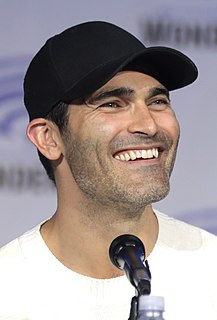A Quote by Kevin Spacey
It takes stamina to get up like an athlete every single night, seven to eight performances a week, 20 weeks in a row. And there are many young performers who only learn their craft in the two minute bits it takes to film a scene. You never learn the arc of storytelling, the arc of a character that way.
Related Quotes
Theatre is organic, film is not. Theatre you come every day and you work with a group of people and you're are all up for it and you all get to do the whole thing every night, be it two hours or three hours. In film you work in two or three minute bits and it's never in chronological order and then someone takes that away and makes it look like it all happened, or that you gave that performance.
As a writer, you know what the purpose of the scene is. It really has nothing to do with the actor so you have to really get out of that space because for actors it's a micro-focus and then you figure out your arc through what the writers have given you to say. But that arc is just one little piece of the huge arc of the whole film. It took a while to get out of that.
If you mess up the performance on stage, you do it again the next night. You're like alright, you let yourself off the hook, and you've got to go back in there. Whereas, with a film, I would go home and be like, "Well, I've ruined the arc of the character forever. That scene is never going to work. I know because I can never shoot it again." So, it's all miserable, but in different ways.
Film and television are very different. On the TV show, we do seven or eight scenes a day, so time and money are of the essence, and we have zero room for creativity because you've got to do each scene in only five takes. Whereas, on a film, you have an entire day to film one scene, so you have so much time to choose how you want to fill in a scene.
Learn to manage your mind. Do not let a situation lure you into thinking negatively. Sometimes you will fail but you'll learn for the next time. Every time a negative thought comes at you ZAP IT! Replace it with positive thoughts. That takes energy but the result will be stamina, positive stamina, the necessary ingredient for success.



































